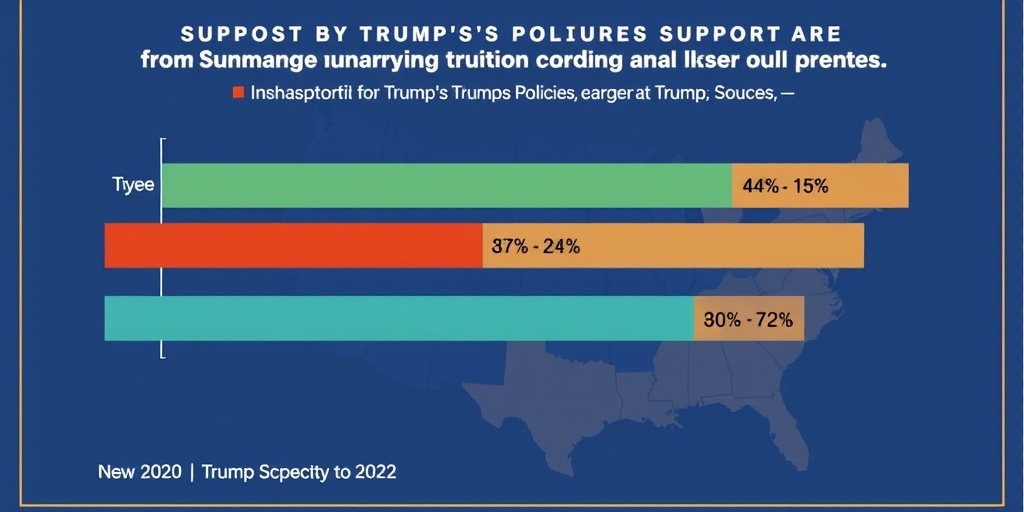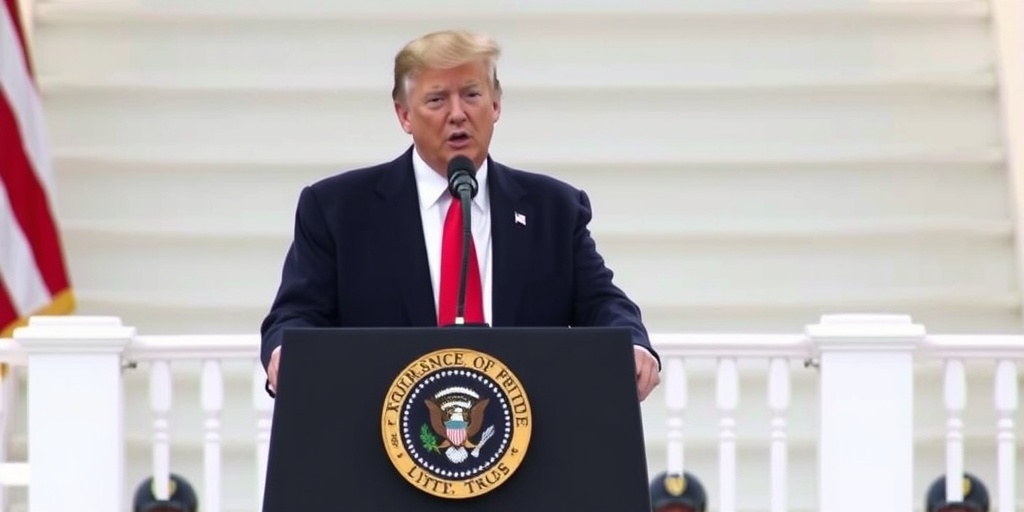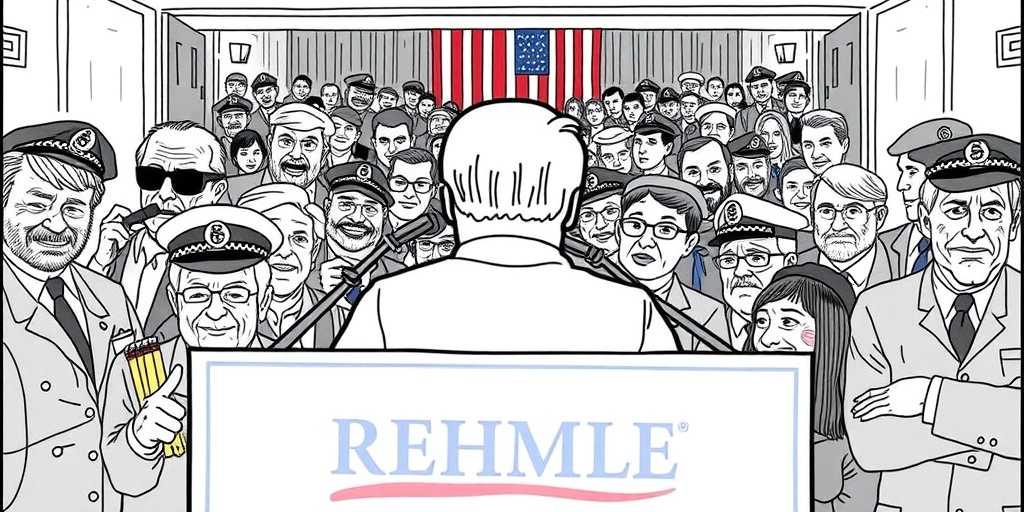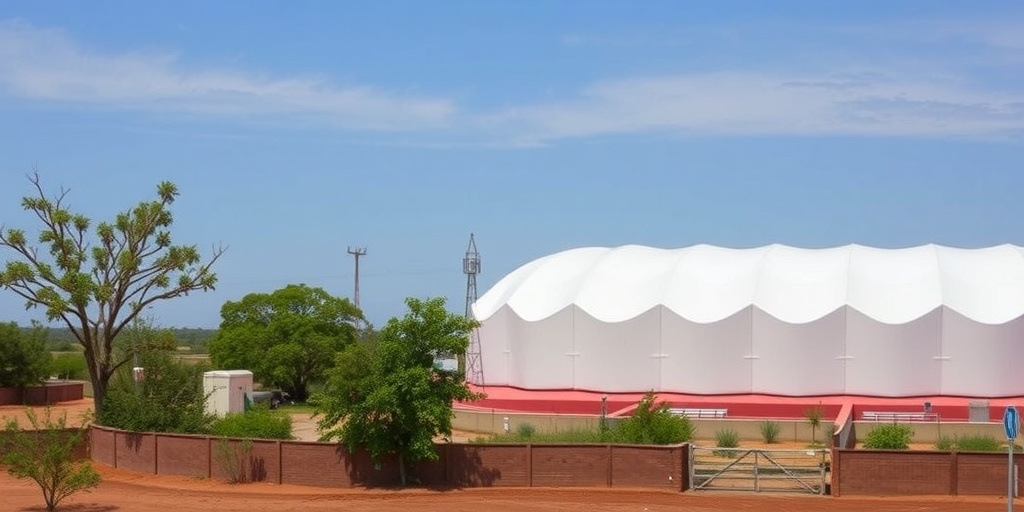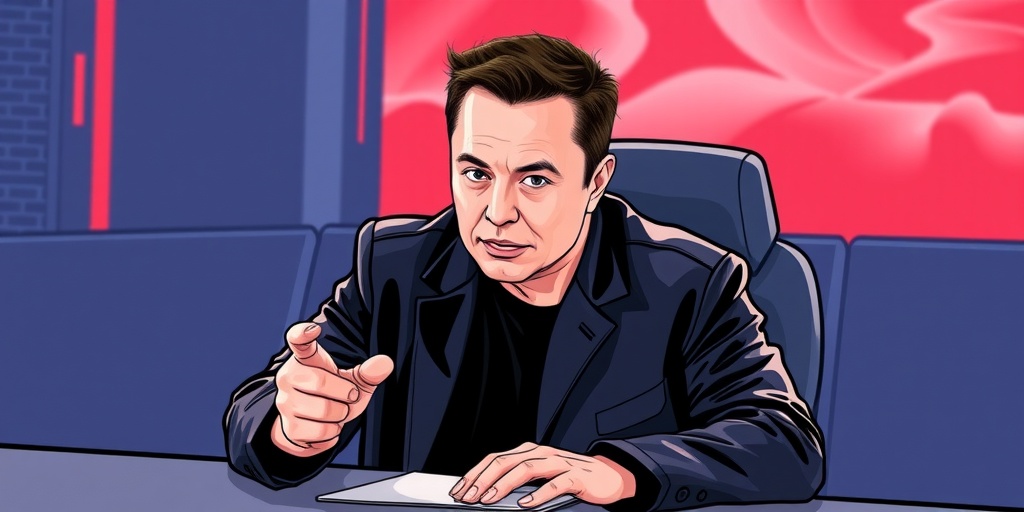Now Reading: UK Leader Offers Plea and Promise to Trump on Ukraine
-
01
UK Leader Offers Plea and Promise to Trump on Ukraine
UK Leader Offers Plea and Promise to Trump on Ukraine
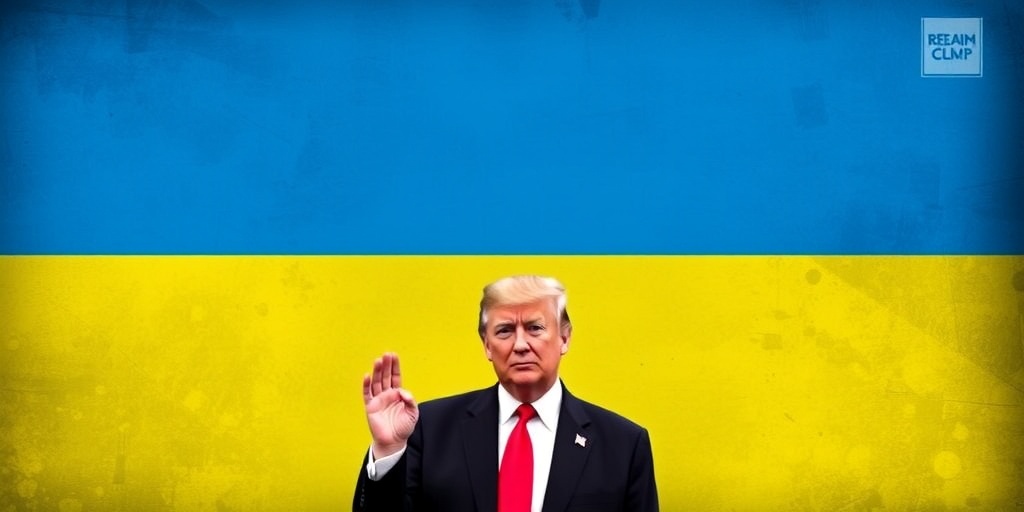
President Trump Hosts UK Prime Minister Starmer to Discuss Ukraine Conflict
In a significant diplomatic meeting at the White House on Thursday, President Donald Trump welcomed Prime Minister Keir Starmer of the United Kingdom, as part of ongoing discussions with European leaders aimed at facilitating negotiations to end the protracted war between Ukraine and Russia. This engagement marks a continuation of the U.S. administration’s efforts in international diplomacy, particularly concerning the stability of Eastern Europe and the implications of the conflict that has escalated over the past three years.
Prime Minister Starmer arrived in Washington, D.C., with a clear mission: to express Britain’s commitment to potential peacekeeping efforts by offering troop deployments to Ukraine after the cessation of hostilities. In a bid to reinforce this pledge, Starmer sought to impress upon President Trump the importance of not relinquishing Ukraine to the aggressive demands of Russian President Vladimir Putin. Notably, he carried with him a personal message from King Charles III, culminating in an invitation to a state dinner that symbolizes the close ties between the two nations.
The initial moments of the meeting revolved around customary pleasantries—a practice that underscores the long-standing alliance between the United States and the United Kingdom. In the Oval Office, a setting emblematic of American leadership, Starmer expressed his gratitude to Trump for his vocal support regarding Ukraine and suggested that a historic agreement to end the violence was within reach. At this juncture, Starmer presented the letter from King Charles, which Trump referred to with admiration, calling the monarch “a great, great gentleman.”
However, beneath the diplomatic niceties, urgent discussions loomed regarding the future of Ukraine and the potential ramifications of any peace agreement, which could involve difficult compromises with Russia. As the leaders exchanged viewpoints, Starmer was set to caution Trump against hastily pursuing a diplomatic resolution without ensuring that Ukraine receives adequate security guarantees to prevent any future incursions by Russia. Such guarantees are crucial for establishing long-term peace and stability in the region.
In the lead-up to their meeting, White House officials highlighted the complexity of the negotiations, underlining Trump’s interest in Ukraine’s rare-earth minerals. These resources have been identified by the U.S. as pivotal for advancing American technology and economic interests. However, sources within the administration clarified that discussions surrounding these mineral resources would not automatically include guarantees of military funding or support against future aggressions by Russia.
This aspect of the negotiations underscores the delicate balance being negotiated; while the appeal of Ukraine’s mineral wealth is significant, there exists a clear need for security frameworks that would effectively shield Ukraine from any potential Russian advances in the future. A national security official from the White House, who spoke on condition of anonymity, indicated that the proposed economic partnership with Ukraine would not entail an explicit commitment of U.S. personnel to the region or a promise of funding related to ongoing military operations.
As the meeting unfolded, it became evident that these divergent priorities between Trump and Starmer—pursuing immediate economic interests versus ensuring prolonged national security for Ukraine—would likely form the crux of their discussions. Prime Minister Starmer’s preparedness to advocate for a meticulous approach to negotiations reflects a cautious stance adopted by many European leaders. They remain vigilant about the broader implications of a swift diplomatic resolution that does not consider the lessons learned from the ongoing hostility.
In conclusion, the meeting between President Trump and Prime Minister Starmer represents an intersection of diplomacy and pragmatism in international relations. As both leaders navigate the complexities of the Ukraine conflict, the outcomes of their discussions may have lasting consequences for the region and the dynamics of U.S.-U.K. relations. The hope remains that through careful deliberation, a pathway to peace may be discovered—one that both secures Ukraine’s sovereignty and addresses the geopolitical challenges posed by Russia’s ambitions.
Stay Informed With the Latest & Most Important News
Previous Post
Next Post
-
 01New technology breakthrough has everyone talking right now
01New technology breakthrough has everyone talking right now -
 02Unbelievable life hack everyone needs to try today
02Unbelievable life hack everyone needs to try today -
 03Fascinating discovery found buried deep beneath the ocean
03Fascinating discovery found buried deep beneath the ocean -
 04Man invents genius device that solves everyday problems
04Man invents genius device that solves everyday problems -
 05Shocking discovery that changes what we know forever
05Shocking discovery that changes what we know forever -
 06Internet goes wild over celebrity’s unexpected fashion choice
06Internet goes wild over celebrity’s unexpected fashion choice -
 07Rare animal sighting stuns scientists and wildlife lovers
07Rare animal sighting stuns scientists and wildlife lovers













